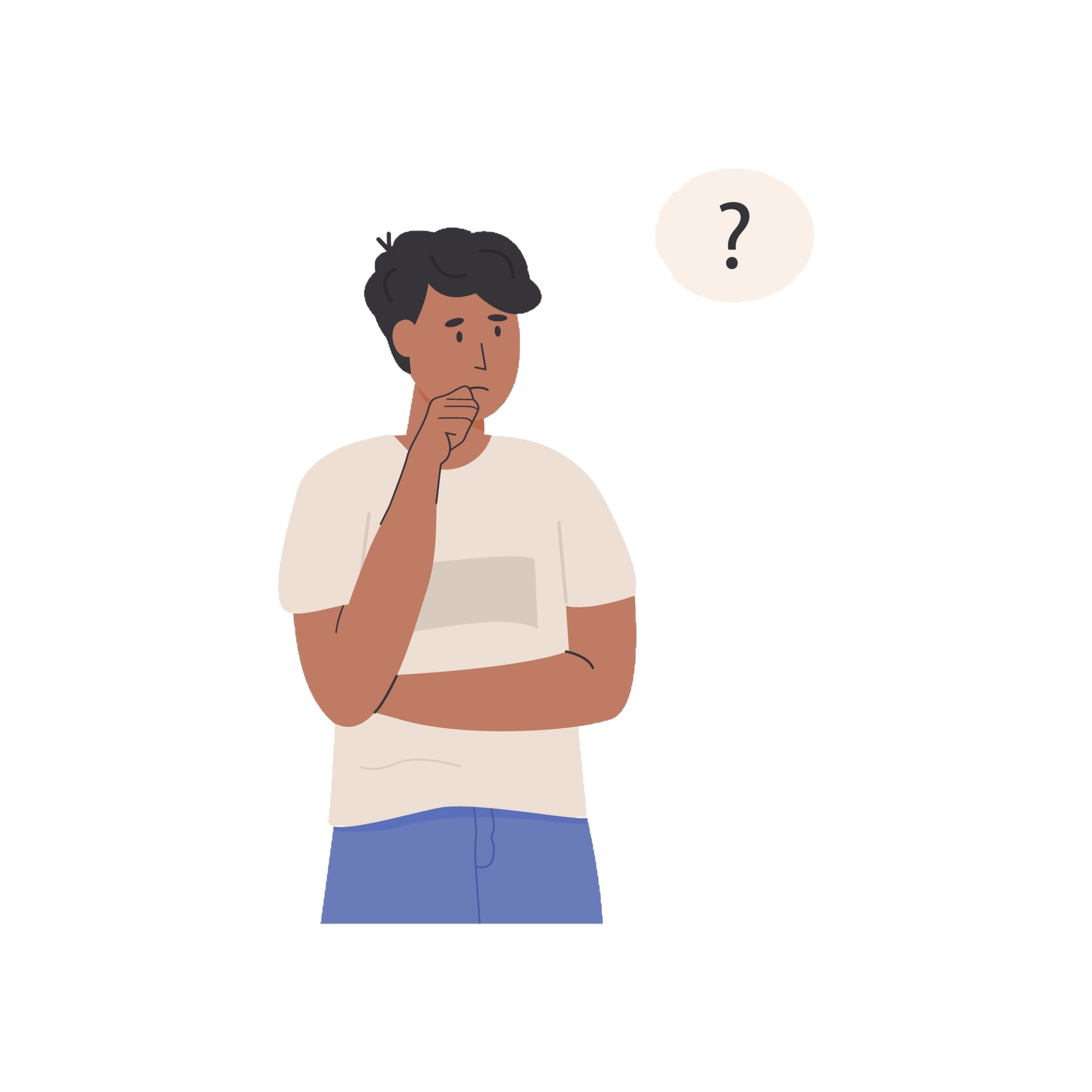Last Reviewed January 2024
- Adversity, Trauma & Resilience
- Campaigns
- Child Exploitation
- JTAI
- Managing Allegations and Concerns About Those Who Work or Volunteer with Children
- Neglect
- Key Safeguarding Forms, Tools, Standards & Frameworks
- Learning from Reviews & Audits
- One Minute Guides
- Procedures
- Safeguarding Babies & Infants
- Wakefield Child Death Arrangements
One Minute Guide to Child Protection Conferences
What is a Child protection Conference?
A Child Protection Conference is called when concerns exist that children are suffering or may be at risk of suffering significant harm. At the conference information will be shared about the family history, the child’s health, development and functioning and the children and their parent/carer’s capacity to ensure the child’s safety and promote their well-being. Those present will consider the evidence and form a view if the child has or is likely to suffer significant harm, then an inter-agency Child Protection Plan or Safety Plan will be written together about what everyone is going to do and when and how they are going to do it so that the children can be kept safe.
Working Together to Safeguard Children (2023) provides statutory guidance on how conferences should be conducted and who should attend, as well as noting that all involved practitioners should: ‘work together to safeguard the child from harm in the future, taking timely, effective action according to the plan agreed.’
-
Show details
 When would a conference be held? Before a Child Protection Conference takes place, a section 47 investigation will have been carried out to determine if it is necessary to hold an ICPC.
When would a conference be held? Before a Child Protection Conference takes place, a section 47 investigation will have been carried out to determine if it is necessary to hold an ICPC.The investigation requires the allocated Social Worker to talk to the parents/carers, the child, and other practitioners. An ICPC is held when agencies believe that a child(ren) may be at risk of significant harm; the aim of the conference is to discuss, then decide, what will ensure the safety and wellbeing of the child(ren) where such concerns have been identified.
-
Show details
 Who usually attends the conferences? If it is appropriate for the child or young person to be invited to participate in the conference, the social worker will discuss this with them and their parents or carers. The child may be offered an advocate from an independent children’s advocacy service who will gather the views of the child or young person and attend the conference to offer support or attend on their behalf. It is very important that
Who usually attends the conferences? If it is appropriate for the child or young person to be invited to participate in the conference, the social worker will discuss this with them and their parents or carers. The child may be offered an advocate from an independent children’s advocacy service who will gather the views of the child or young person and attend the conference to offer support or attend on their behalf. It is very important that· parents are able to attend conferences about their children
· parents are able to participate in the discussion and contribute towards the development of a plan to keep the child(ren) safe.
· parents are given the opportunity (if desired) to ask another adult to support them; this may be a solicitor, advocate or friend.
Rarely, parents may not be allowed to attend for all or part of the conference. If this occurs the reason will be explained and the parents’ views reported to the conference by the conference chair or social worker.
-
Show details
 Who else attends? · A Social Worker from Wakefield Children’s Social Care and from Health are always invited to attend conferences.
Who else attends? · A Social Worker from Wakefield Children’s Social Care and from Health are always invited to attend conferences.
· Police provide written information to all conferences and will attend where necessary.
· Other professionals who are identified as needing to be involved will also be invited.If an invited professional is unable to attend, they must submit a written report setting out their views and an appropriate colleague should attend to represent the service/ agency.
-
Show details
 What is expected of practitioners? If you are invited to a CPC, this is because it is likely you will have valuable contributions to make with regards to developing appropriate safeguarding arrangements for the child(ren). It is expected, in accordance with Working Together guidance, that you will attend the conference(s), or, if this is not feasible within your role, that you will submit relevant information relating to your involvement with the family for consideration.
What is expected of practitioners? If you are invited to a CPC, this is because it is likely you will have valuable contributions to make with regards to developing appropriate safeguarding arrangements for the child(ren). It is expected, in accordance with Working Together guidance, that you will attend the conference(s), or, if this is not feasible within your role, that you will submit relevant information relating to your involvement with the family for consideration.Effective safeguarding requires all practitioners to contribute to child protection arrangements. Without access to all the available information about the family it is difficult to make fully informed and appropriate decisions about risk, in order to safeguard children. What is said in this conference and the record of the meeting and any reports presented and taken away are confidential and must not be shared with anyone outside of this meeting who do not have a right to access them without the express permission of the chair.

Recording
To access an audio recording from the Child Protection Chair on Case Conferences follow the link here
The Child Protection Conference process
The social worker prepares a report for the conference setting out the identified concerns; and, what is going well for the child. The report will also include the child’s views. This report will be made available to parents/carers at least two days prior to the conference so they have opportunity to read, seek clarification, share their own views and be prepared for the conference.
The Child Protection Conference Chair (CPC) makes contact with the parent/carer prior to the conference to explain the format of the meeting. On the day of the conference they meet again to check they have had chance to read the reports provided by other practitioners and ask if there are any specific issues that they would like to raise.
At the conference, the CPC clarifies why the conference has been arranged. They lead discussions aimed at identifying the specific factors resulting in the child(ren) experiencing or being at risk of significant harm.
Where necessary, those at the conference agree a clear plan of actions which are needed to promote the child(ren’s) safety; then, agree what level of plan will best address the issues that have been raised (for example, a Child Protection Plan (CPP) or a Child in Need plan (CiN) ). If the child becomes subject to a CPP a social worker is appointed as the lead practitioner; and, a Core Group made up of family members and practitioners who are involved with the child or family will be identified to work closely to achieve the actions outlined in the CPP. The first Core Group meeting must take place within 10 working days of the ICPC. A copy of the CPP is sent to the parents and professionals within 48 hours of the conference. Minutes are forwarded to the family and Core Group members within fifteen working days.

To enable effective discussion and decision making, multi-agency involvement is essential.
Further information
To view more specific child protection conference processes and procedures please click on the following Wakefield Council One Minute Guide links:
- OMG to CP Booking Form Process
- OMG to CP Dispute Resolution Process
- OMG to CP Dual Plan Process
- OMG to CP Monitoring Forms Process
- OMG to CP Solution Focus Meeting Progress
- OMG to CP Transfer in Conference Process
Resources
Take alook at some useful resources on Child Protection below:
- Child Protection Records Retention and Storage Guidelines April 2019
- CP Conference—Categories of Abuse
- CP Flowchart
- Child Protection Conference - Child & Young Person Voice at Initial & Review Conferences
- Multi Agency Child Protection Conference Report


